Dartmouth Leaders on Life and Leadership
Here are a few favorite observations about leadership gathered from alumni answering The Call to Lead.
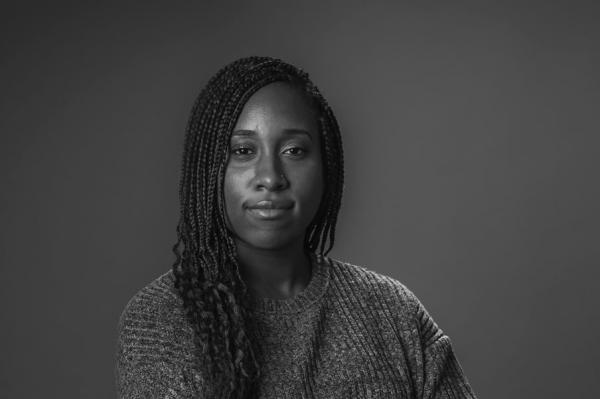
"Make People Feel Welcome, No Matter Their Background"
Accessibility means making sure that you’re building technology for everyone, not just for yourself or for people who are like you. Always remember people who are different from you. For people who have disabilities, for example, technology is a valuable way to communicate with the world. Inclusivity is taking the extra step, making people feel welcome, no matter their background or how they experience life.
Kaya Thomas ’17
Creator, We Read Too
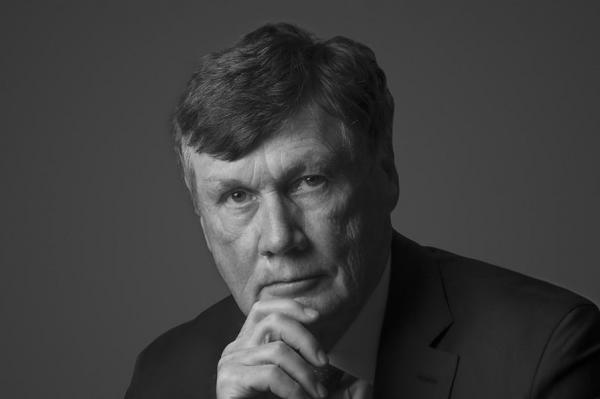
“Leaders aren’t well served if they only hear yes”
I learned that a leader has to spend a lot of time listening to others and then you have to make a compelling case for a course of action. Effective leaders listen to others and are willing to change positions based on new information.
Charles “Ed” Haldeman Jr. ’70
Chief Executive Officer, Freddie Mac
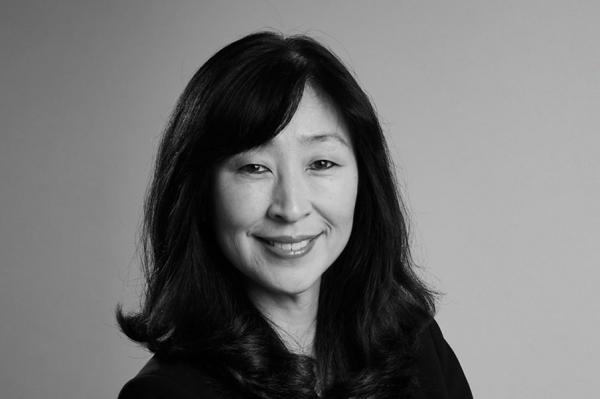
“Think Independently and Question Convention”
I believe Dartmouth teaches everyone to be a leader in his or her own way, to think independently and to question convention. Students at Dartmouth feel safe to explore their ideas without fear of ridicule. This fosters courage that is core to being a leader. https://calltolead.dartmouth.edu/stories/think-independently-and-question-convention
Bonnie An Henderson ’89 MED’93
Internationally recognized eye surgeon
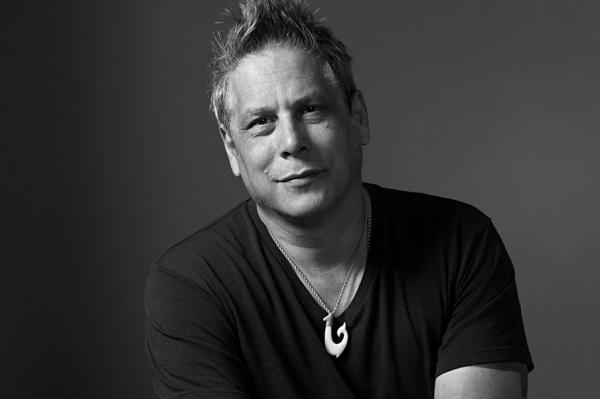
"I Chose to Completely Commit"
There were times I failed, I wasn’t embraced, or I just didn’t get it right. Regardless, I chose to completely commit to the studio art process. It was my vision for how I wanted to interact with the world. It was a sketchy vision with no economic certainty, but my training at Dartmouth gave me the ability to embrace my dream. My genuine intellectual curiosity was nurtured at Dartmouth, and as a liberal arts college, it helped me develop a critical thought process that I used to go after what I wanted to do without reservation.
Mateo Romero ’89
Award-winning Pueblo painter
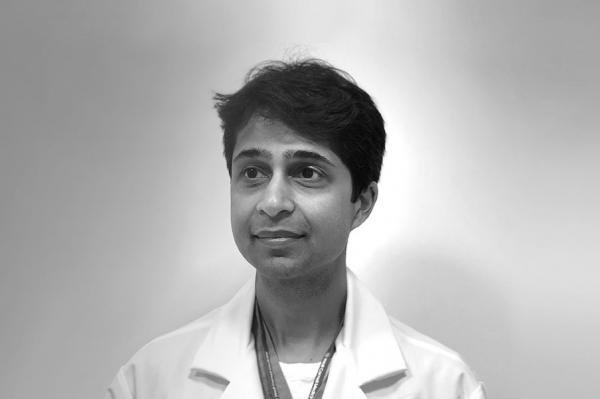
“We Need to Stand Up for What We Believe”
Early in my career, I learned that emotional intelligence—discerning what people are going through and what they need—is a really critical leadership skill. But now I believe we have to go beyond empathizing. It’s time to take action. Tackling racial disparities is an important step in making a difference.
Kaushal Shah MED ’00
Emergency medicine physician at Weill Cornell Medical Center in New York City
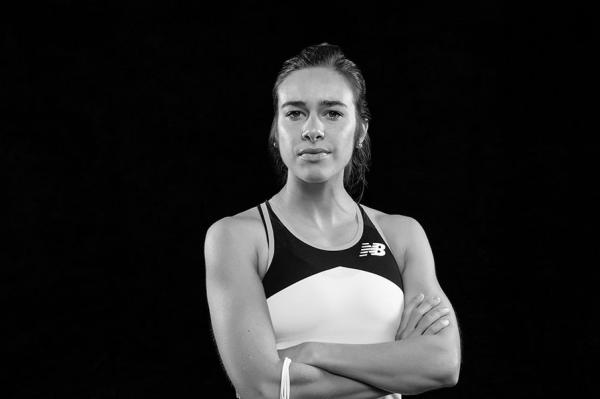
"The Mind as a Muscle"
With the help of my coach, teammates, and faith, I learned how important it is to recognize the beauty of those moments of vulnerability. They are opportunities to accept your limitations and share them with others. This is the only way to truly relate to people. Humanizing myself made me a much stronger, more approachable leader.
Abbey D’Agostino ’14
Middle- and long-distance runner
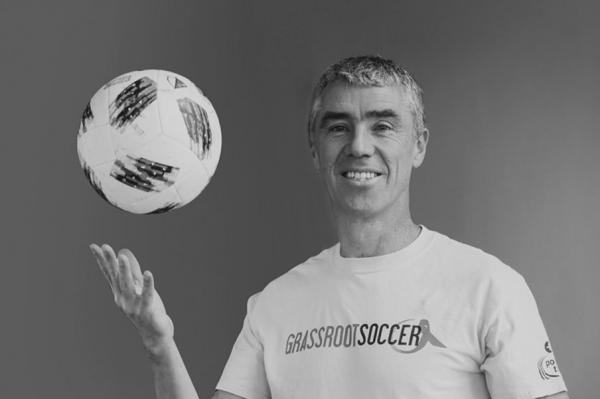
"You have to learn how to manage failure"
Being a college athlete does so much to prepare you for life. You have to learn to deal with failure, because you’re going to fail in one way or another. Your team might lose, or you might play badly. There are many more ways to fail than there are to win. You have to learn how to manage that.
Tommy Clark ’92 MED’01
Cofounder of Grassroots Soccer

“Alma Mater Means Something to Me”
The liberal arts are fundamental. They’re a way of broadening the mind, not just in terms of your career but in terms of living your life. They help you ask questions and give you a reference to what has gone on in the world while keeping you grounded.
I care about Dartmouth because I was an 18-year-old person who came here from very, very far away, and it helped make me the person that I’ve become. I loved my classmates, I loved the area. Alma Mater means something to me. That’s why I love Dartmouth. It set me on a road that has been very satisfying.
Annette Gordon-Reed
Award-winning author and historian
In "Will We Ever Have Justice for All?" Gordon-Reed and Associate Professor of History Julia Rabig discuss the paradox of America’s historic commitment to freedom and its real history of slavery and racism.